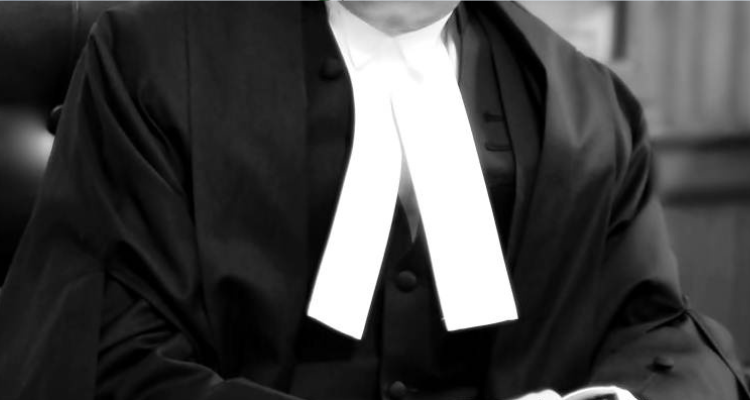
The Supreme Court has received a writ petition asking for permission to exclude lawyers from donning the customary black gowns and coats during the scorching summer months.
The Demands of the Petition
This writ petition is filed by Advocate Shailendra Mani Tripathi. Through his petition, he asks the Supreme Court to take into account easing the customary attire requirement for advocates in all states, given that it may result in difficulties and health problems during summer’s scorching temperatures. Additionally, through his petition, he asks the court to determine the ‘months of prevailing summer’ for each state so that the advocate could be exempted from wearing black coats and gowns in those particular months.
He contends that “everyone has the right to work in safe conditions. Making lawyers wear heavy black coats in the summer makes their working conditions unsafe and uncomfortable. This isn’t just inconvenient; it violates their right to a safe workplace.”
He further demands the creation of a committee comprising medical experts who shall study the implications of wearing warm clothes in summers and how it impacts health, work capacity, and quality of work for advocates.
Moreover, he argued that this is not a mere question of comfort but also deals with a constitutional right. He said that it is argued that the right to freedom of speech and expression also includes the ability to dress comfortably. Through his petition, he said that “moreover, this requirement impacts freedom of expression. Lawyers should have the freedom to dress comfortably, especially when their attire affects their health and work performance. Forcing them to wear black coats in the summer limits this freedom. The Supreme Court, in cases like S. Rangarajan vs. P. Jagjivan Ram (1989), has stressed that personal freedom includes the ability to express oneself through attire and other personal choices.”
Through this petition, he not only stressed the uniforms of advocates but also other employees who have to follow these dress codes, such as railway TTEs. Prior to this petition, the petitioner had filed a similar petition in 2022, but he later withdrew it.
The Current Rule
Under the Advocates Act of 1961, the Bar Council of India is authorized to establish rules regarding the attire of advocates. The Bar Council of India Rules of 1975 (BCI Rules) specify dress code regulations to ensure that advocates present themselves in a sober and dignified manner.
Men advocates are required to wear either a black buttoned-up coat, chapkan, achkan, black sherwani, and white bands with an advocate’s gown, or a black open breast coat, white shirt, white collar, stiff or soft, and white bands with an advocate’s gown. In either case, they must also wear long trousers (white, black, striped, or grey) or a dhoti.
Women’s advocates are required to wear a black, full- or half-sleeve jacket or blouse with a white collar, stiff or soft, and white bands, accompanied by an advocate’s gown. Alternatively, they may wear sarees or long skirts in white, black, or any mellow or subdued color without prints or designs, or flares in white, black, black-striped, or gray.




